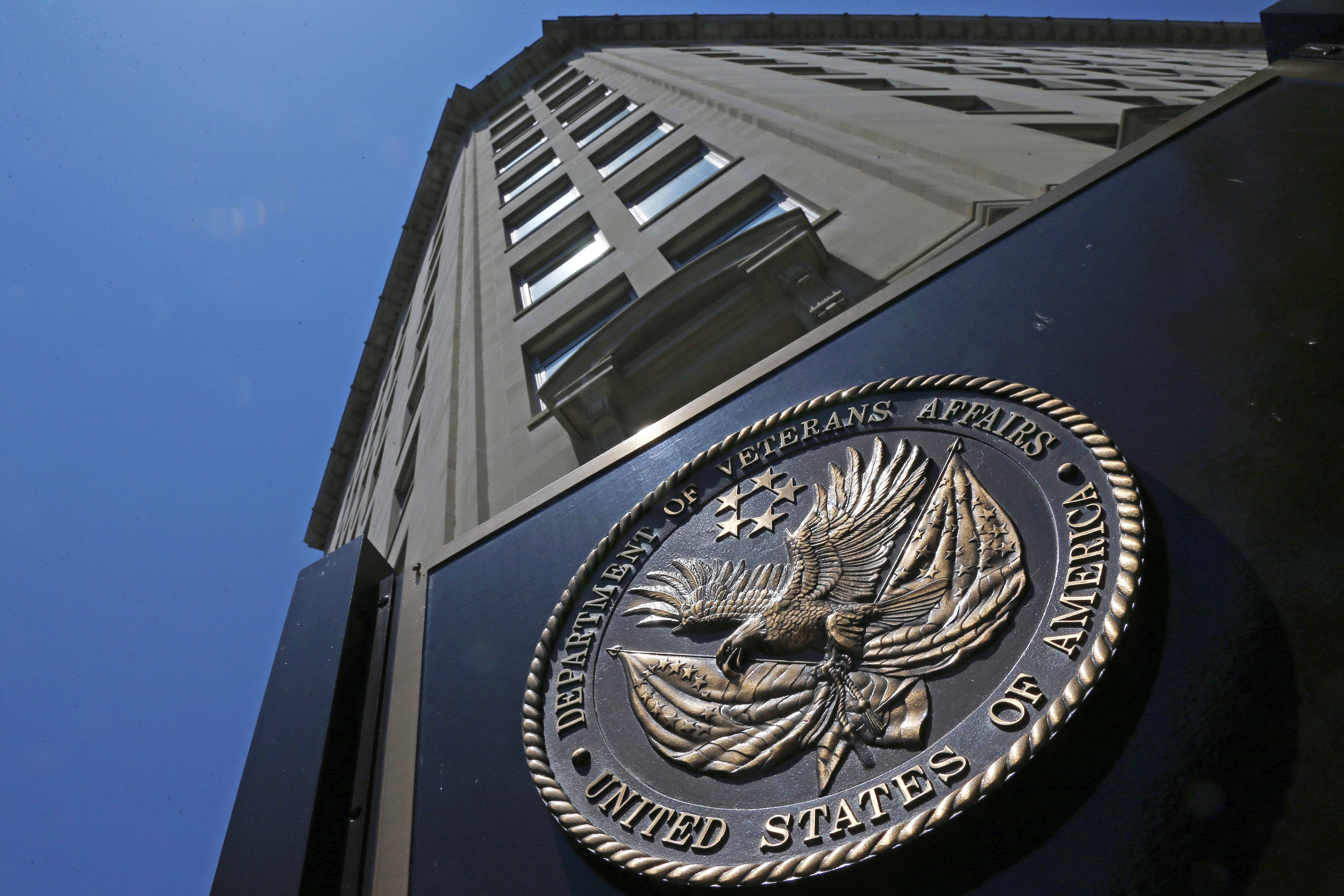Defense Secretary Lloyd Austin has heard from his handpicked panel of experts, his top uniformed adviser and the senior leadership of each of the services. Now he must decide whether he will take the leap and create policy requiring sexual assaults to be prosecuted by independent judge advocates, rather than by commanders.
The decision is years in the making in some respects, but only months for Austin, who began standing up a 90-day commission to review the department’s sexual assault prevention and response policies and efforts in January. That group of 12 came back with their first recommendations in April, chief among them that prosecutions should be handled by trained attorneys. It also comes as lawmakers are stepping up pressure to take the decision out of the chain of command.
“The secretary has not given himself a hard-and-fast deadline,” Pentagon spokesman John Kirby told Military Times on Wednesday. “He has the inputs now from the military departments, and ... then they had a discussion yesterday,”
Kirby did not rule out that Austin might want to further consult with service leadership, or others, before announcing his final decision.
“It’s now with him and he’s taking the time, I think, necessary to make his own decision and make his own recommendations to the president,” Kirby added.
Austin and Army Gen. Mark Milley, the chairman of the Joint Chiefs of Staff, visited the White House on Wednesday as part of their regular visits, Kirby confirmed.
“I think we’ve done things a certain way for a while, and I think we really need to kind of broaden our horizons and kind of look at things differently, and be willing to take different paths to improve things,” Austin told reporters in May, but did not elaborate on what was holding up his decision.
The Pentagon’s sexual assault independent review commission in April submitted its first set of recommendations to Austin, including independent sexual assault prosecutions, as well as potentially a similar policy for sexual harassment and hate crimes.
At the same time, momentum has picked up in Congress, where Sen. Kirsten Gillibrand, D-N.Y., has been pushing for that exact reform since 2013.
In April, she and a bipartisan coalition of lawmakers reintroduced her Military Justice Improvement and Increasing Prevention Act, a piece of legislation that could be wrapped into the next National Defense Authorization Act.
It would effectively make Austin’s decision for him, but also go beyond the scope of sexual assault, as it calls for independent decision-making for all felony-level offenses.
“This really has been an evolution for me,” said Sen. Joni Ernst, R-Ia., a retired Army National Guard officer, as well as a sexual assault survivor. “While I didn’t [in the past] support taking this decision out of the chain of command, I said I would always keep an open mind. And if we didn’t see things change, then perhaps it would be time to make those changes.”
Gillibrand said at the time that she believed the bill had “well over 60 votes at this point,” ensuring its passage.
During a Sunday appearance on CNN, Gillibrand called on her fellow New York Democrat, Senate Majority Leader Chuck Schumer, to call the bill for a vote.
Meghann Myers is the Pentagon bureau chief at Military Times. She covers operations, policy, personnel, leadership and other issues affecting service members.




